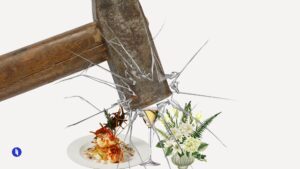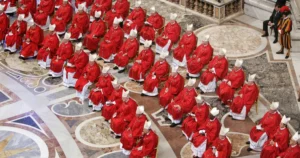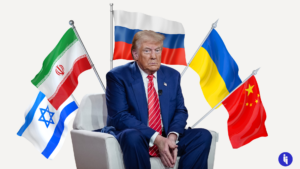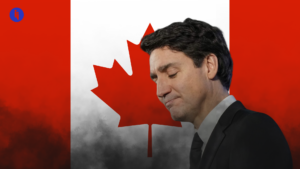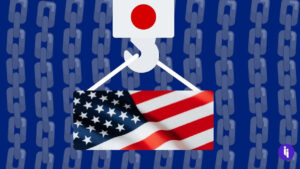South Korean regulators imposed on Sunday (5 November) a temporary ban on short selling until June.
Short selling is a common practice in which an investor bets against the value of a given asset. In most cases, an investor:
- 🏛️ Borrows shares from a stock broker
- 💵 Immediately resells them
- 📉 Waits until the share price drops, and then
- 🤑 Buys the shares back, returns them to the broker, and pockets the difference (or swallows the loss).
But bigger investors were using an illegal practice in Korea called ‘naked short selling’ to short sell shares without first borrowing them.
Stay on top of your world from inside your inbox.
Subscribe for free today and receive way much more insights.
Trusted by 127,000+ subscribers
No spam. No noise. Unsubscribe any time.
And legal or otherwise, regulators say this was all contributing to market volatility and harming everyday (‘retail’) investors.
Intrigue’s take: Score one for the little guys. South Korea’s benchmark share index rose yesterday (Monday) more than 5% on news of the ban.
But by (again) intervening like this, South Korea risks undercutting its own efforts to boost its appeal as a lucrative, developed market.
Also worth noting:
- South Korea previously imposed a partial, 14-month short selling ban during the early days of the pandemic.

